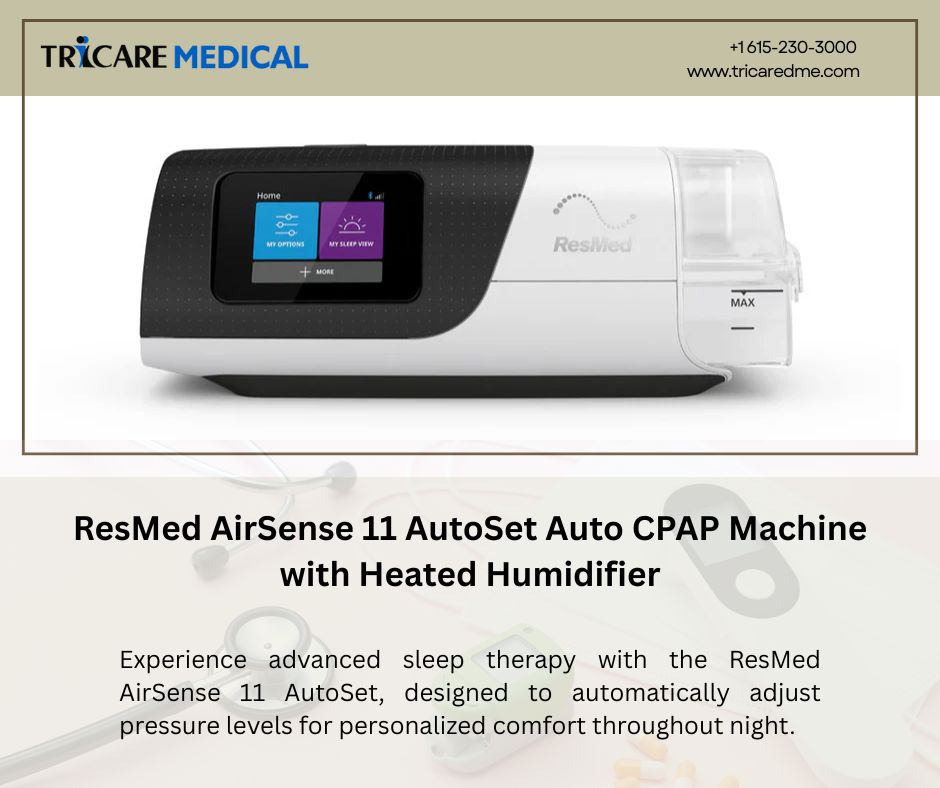How Insurance Providers Determine Coverage for CPAP Resupply
- 2 min reading time
Understanding how insurance providers determine coverage for CPAP resupply is crucial for receiving the necessary equipment and supplies to maintain effective sleep apnea treatment. Factors such as frequency of resupply, specific equipment requirements, and in-network provider options can impact insurance coverage.
If you're someone who relies on Continuous Positive Airway Pressure (CPAP) therapy to manage your sleep apnea symptoms, you know how important it is to regularly resupply your CPAP equipment such as masks, tubing, and filters. But what you may not know is how insurance providers determine coverage for CPAP resupply. Understanding how insurance coverage for CPAP resupply works is essential for ensuring that you are receiving the equipment and supplies you need to maintain effective treatment.
Here are some factors that insurance providers consider when determining coverage for CPAP resupply:
-
Frequency of Resupply: Insurance providers typically have guidelines on how often CPAP equipment should be replaced. For example, masks may need to be replaced every three months, while filters may need to be replaced every month. Insurance providers will usually cover the cost of resupply if you meet their frequency guidelines.
-
Specific Equipment Requirements: Insurance providers may require that you use specific brands or types of CPAP equipment to be eligible for coverage. Make sure you check with your insurance provider before purchasing CPAP equipment to ensure that it is covered.
-
In-Network Provider Options: Insurance providers often have a list of in-network providers that they cover. If you purchase CPAP equipment from an out-of-network provider, you may not be eligible for coverage.
-
Pre-Authorization: Some insurance providers may require pre-authorization before they will cover the cost of CPAP equipment. This means that you will need to provide documentation from your healthcare provider to prove that the equipment is medically necessary.
-
Deductibles and Co-Pays: Insurance coverage for CPAP resupply may be subject to deductibles and co-pays. Make sure you understand your insurance plan's deductible and co-pay requirements before purchasing CPAP equipment.
It's important to note that insurance coverage for CPAP resupply can vary depending on your insurance plan and provider. To ensure that you are getting the most out of your insurance benefits, it's a good idea to check with your insurance provider before purchasing CPAP equipment. Additionally, some CPAP suppliers may work directly with insurance providers to help you navigate the coverage process.
In summary, understanding how insurance providers determine coverage for CPAP resupply is essential for ensuring that you are receiving the equipment and supplies you need to maintain effective sleep apnea treatment. By considering factors such as frequency of resupply, specific equipment requirements, in-network provider options, pre-authorization, and deductibles and co-pays, you can make informed decisions about your CPAP equipment purchases and ensure that you are getting the most out of your insurance benefits.



